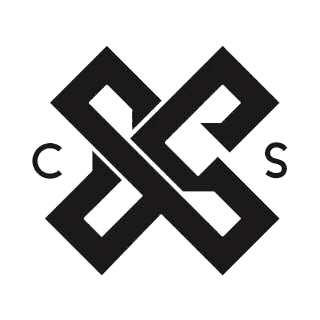Redefining Productivity: Learning to Navigate Freelance Writing
Rebecca Sperry
I’m mildly obsessive compulsive and have a terrible habit of needing to always be doing something to feel validated by my decision to leave full time “traditional” work in June 2020. Prior to stepping into the world of freelance writing and self-employment, (it feels very strange to even call myself self-employed) I worked in education for nine years. Nine years of full time work in a very structured, traditional career path, with a pension, health insurance, and stability. Prior to becoming an educator, I worked full time in a cube farm for a health insurance company (again, more structure, more stability).
At the end of the school year, right as COVID had started ramping up, I said goodbye to my students and coworkers, and left the world of traditional work behind. In the months leading up to this drastic life change, I was forced to learn how to case manage my students from home due to the stay-at-home order that was put into place in March 2020. To say this was difficult would be an understatement. I lost the structure that working in a physical school offered, felt extremely isolated, and didn’t know how to navigate this terribly unfamiliar and unexpected situation. I think it’s safe to say that anyone who was part of the workforce or in school during the last year and a half can completely relate to these feelings.
After my cancer diagnosis in August 2020, more instability and inconsistency ensued. There is no way to handle the emotions or changes that come with a diagnosis like this, and you can say goodbye to any structure or stability that you may have had prior to your diagnosis. But, as the year progressed, and I continued taking one graduate class, started building a small client base as a freelancer, and fell into my new role of freelance writer, I knew that I needed to do one thing in order to feel confident in my new life: redefine productivity.
Prior to becoming a “self-employed freelancer” and full time graduate student, productivity wasn’t even something that was on my radar. I did what was expected of me at my job during my contracted work hours, and for the most part didn’t need to do more than 90 minutes of work after leaving school for the day. I was contracted to work 186 days a year, and was paid $38,000 regardless of how many hours I worked outside of the contracted 6.5 per day (plus professional development and faculty meetings). There was no need to think about whether I was “being productive” while at work because simply by being there I felt like I was doing something productive. I defined going to a traditional job as being a contributing member of society and as long as I did my job as it was outlined in my contract, then I believed that I had done my due diligence as a “grown up” and could do whatever I wanted with my free time - without feeling guilty.
When I shifted to being a full time student/freelancer all of that structure and reassurance that I was “doing something productive” went out the window. I floated around my 1000 square foot apartment like a gray, sweatpants-wearing blob for what felt like months, feeling lost, depressed, and ungrounded. I didn’t know how to get back that feeling of being an active member of society unless I went back to traditional work. I didn’t expect that one of the hardest things about freelancing would be learning how to readjust your definition of productivity.
It took months for me to find my groove in my new lifestyle and for me, I realized that I needed to build my own version of a structured work environment in order to feel comfortable in my new career. I transitioned a tiny corner of my bedroom into an office space with a real desk and cork boards, bought two bookshelves to house my college materials, and developed a way of showing myself that I was productive each day: using a day planner to track everything I did and how long it took me to do it. Being able to see what I did each day, especially when I am on summer or winter break from school, has helped me to feel like I am, in fact, accomplishing something and being productive.
Seeing what I did every day, on paper, gave me a lot of insight into how much I can accomplish and it also helped me find structure in a very unstructured career. I kept track of all of the pieces that I wrote and how long it took me to write each one, how much time (in a more general sense) I spent doing things like household chores or errands, and how often I exercised or did things for fun like going on trips. I started journaling every day and at the end of the month, I would reflect on everything that I accomplished. All of these silly little lifestyle changes have given me so much more piece of mind and substantially increased my productivity. Redefining what it means to be productive and coming up with new ways to demonstrate to myself that I am, in fact, still a contributing member of society was the hardest part of transitioning to self-employment. Building my own individual “job structure”, though, has given me a sense of accomplishment each day, and increased my overall productivity.








